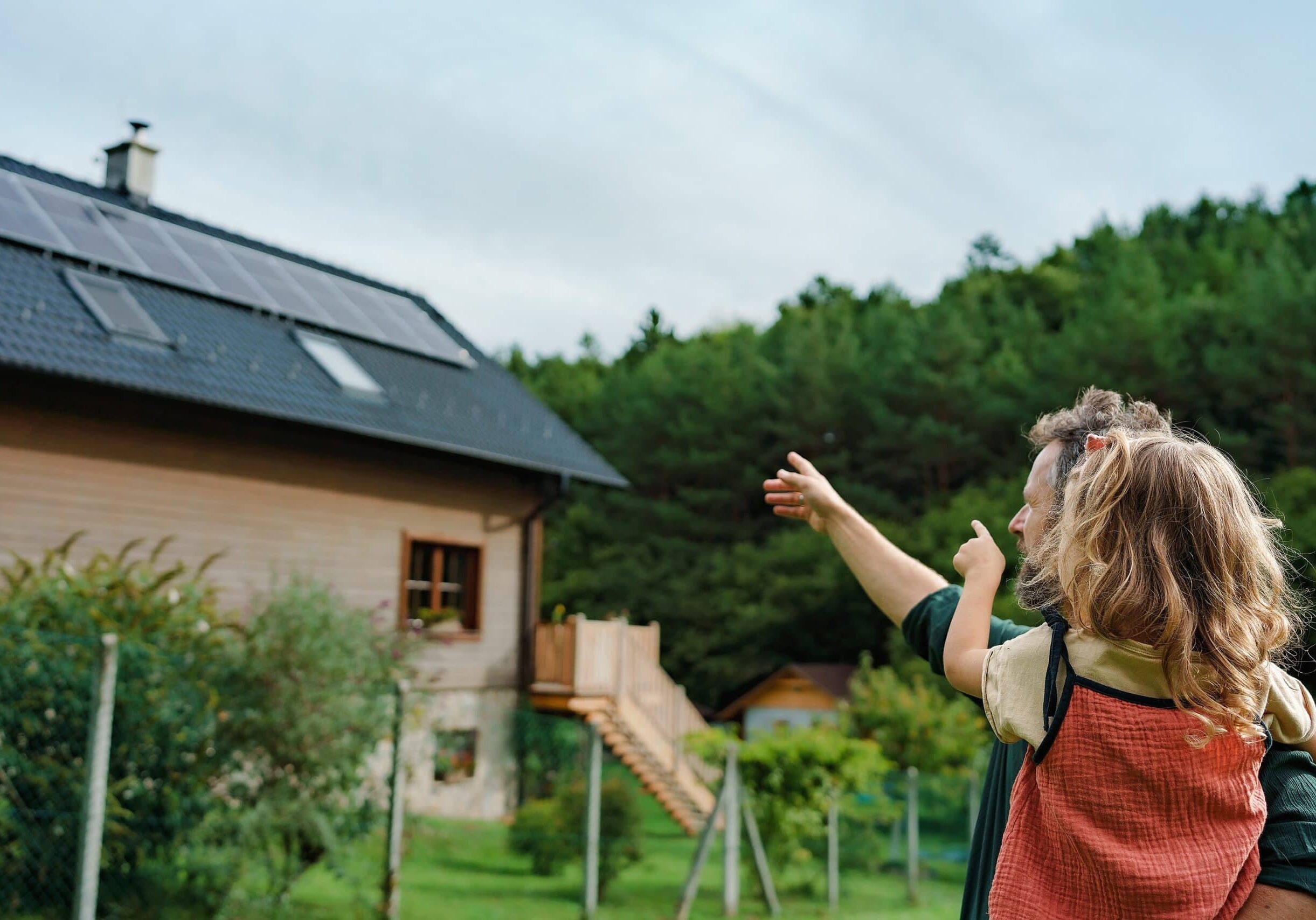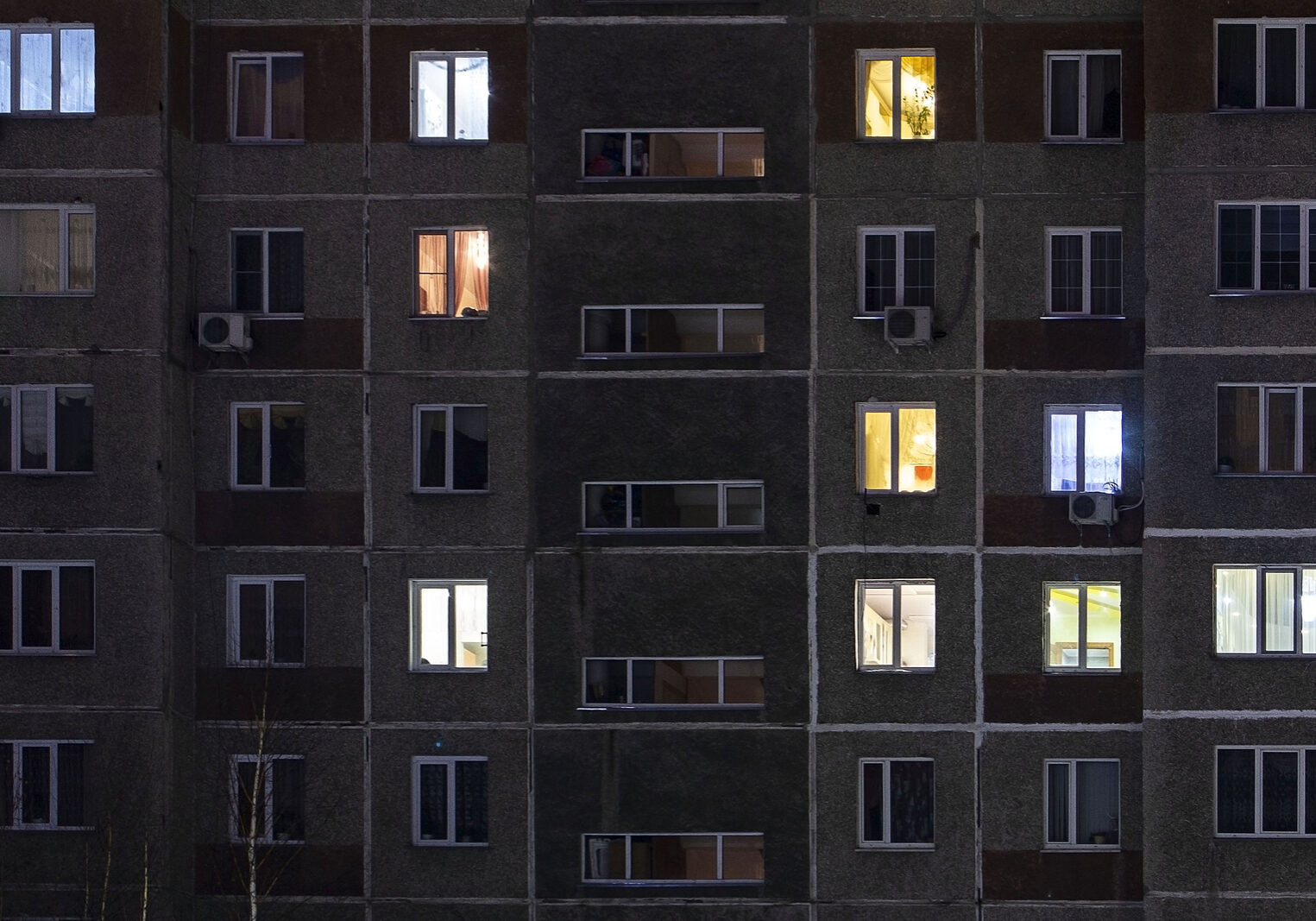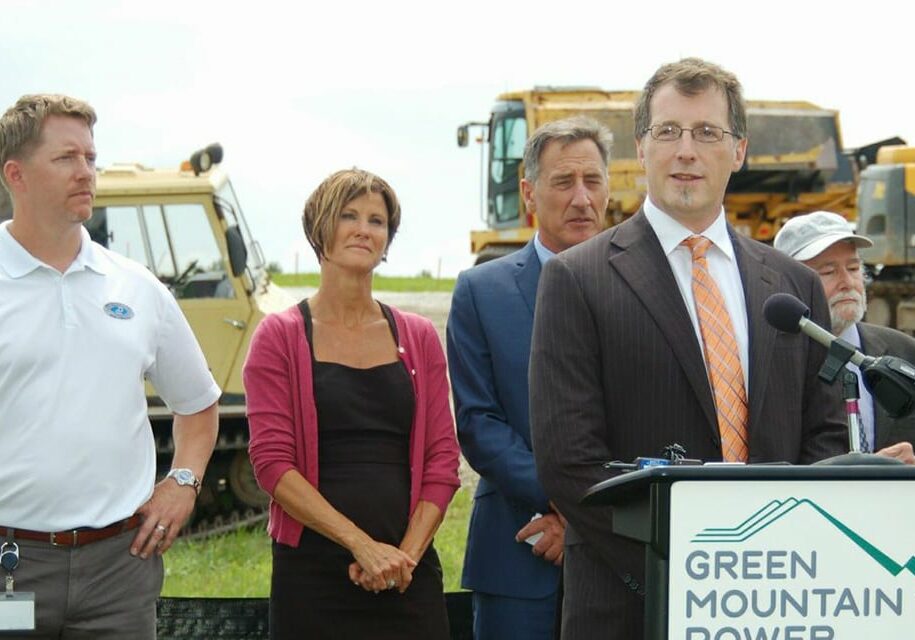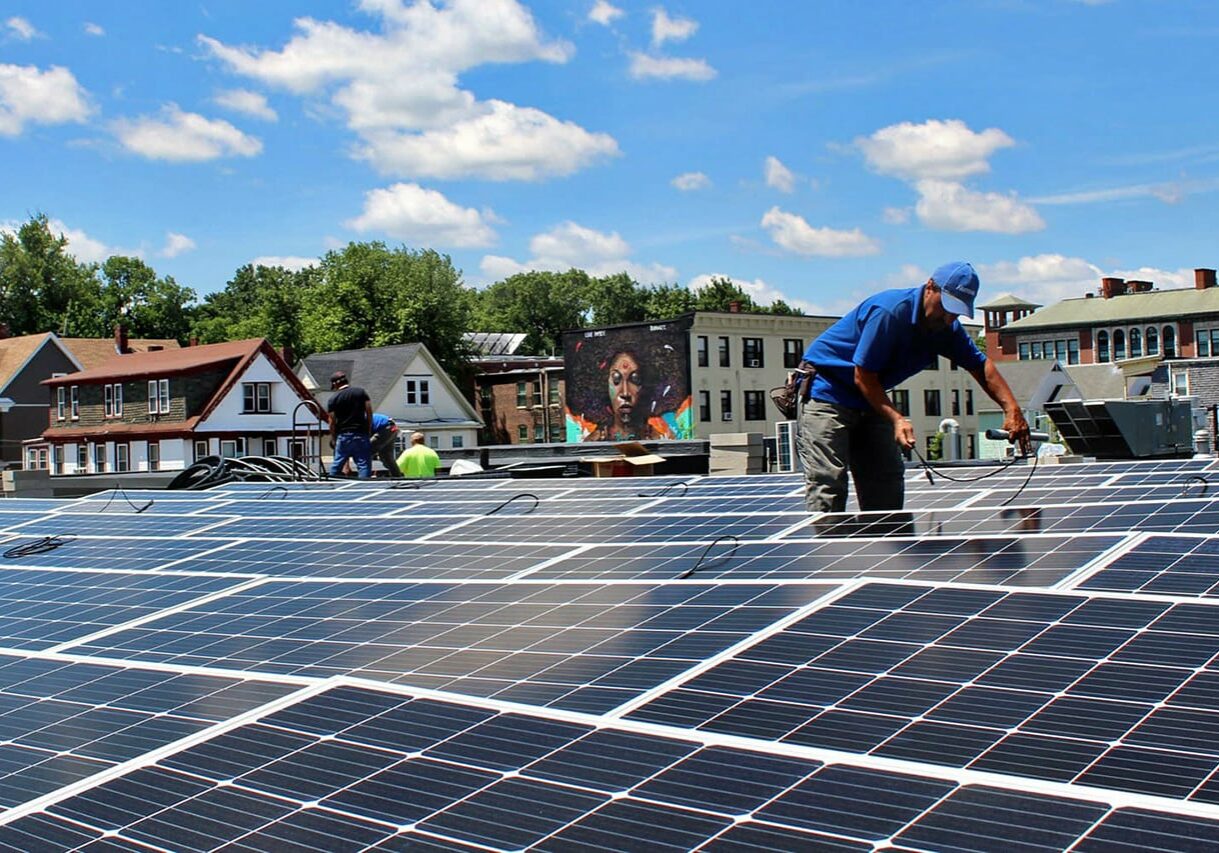Distributed energy technologies, such as rooftop solar and battery storage, represent an opportunity to democratize the energy system, transitioning from an aging, vulnerable, centralized system to a flexible and adaptive decentralized grid.
However, today’s policies, programs, and financial systems have led to an inequitable allocation of clean energy incentives and an unequal deployment of resources, with fewer clean energy projects being developed in low-income communities and communities of color. Clean Energy Group provides independent analysis and policy support to assist policymakers, state and federal energy agencies, nonprofit advocates, and other key stakeholders in the design and implementation of programs and policies that prioritize investment in historically marginalized communities.
Explore Our Initiatives
Clean Energy Finance
Overcoming barriers to equitable clean energy deployment and ownership by supporting project pipeline development, attracting mission-oriented investment, and advancing new financing approaches.
Climate Resilient Energy Codes
Multifamily affordable housing properties serve some of the most climate vulnerable populations in the US, but this sector faces technical, structural and financial barriers to implementing resilient energy technologies.
Distributed Energy Storage, Efficiency, and Demand Response
Unlocking the potential of customer-sited energy resources to make the electric grid more resilient and efficient, lower energy burdens for customers, reduce reliance on fossil-fuel generation, and enable more equitable deployment of clean energy technologies.
Energy Storage Policy and Regulation
Working with stakeholders across the country to develop inclusive policies, programs, and regulations to unlock the potential of energy storage and deliver benefits to every participant on the electric grid.
Resilient Power Project
Advancing the deployment of resilient, clean energy solutions – primarily solar PV paired with energy storage – in critical community facilities serving environmental justice communities, low-income communities, and communities of color.
Photo Credit: Dennis Schroeder/NREL









